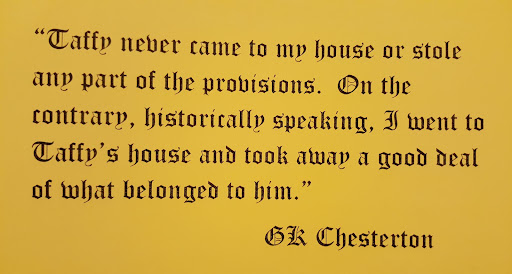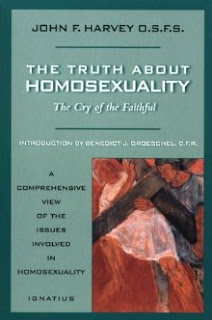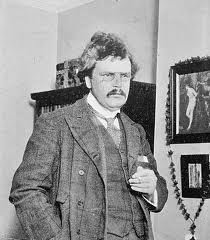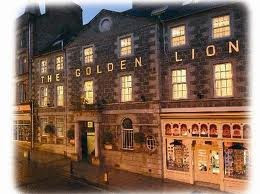
I just saw this retweeted on Twitter:
@GuidoFawkes Not often am stunned, but this call to legalise infanticide by abortionists in BMJ Journal guyfawk.es/ACHc7h
The thing that stunned me, is that this would stun anyone! The legal limit for abortion in this country, in the case of handicap is up to & during birth, so why wouldn't people want to kill babies shortly after birth in a country with no morals? In 2010 a Baptist minister asked marie stopes if they would carry out infanticide if it was legal, they said they would get back to him............
Once you move away from The Truth, as taught by The Catholic Church, anything goes. Defend Human Life from conception until natural death. (That is a fullstop after the word death not a comma, not a but, and most definitely not a call to lower the time limit on abortion, as that is what led us to this mess.)
So all is lost? Not quite, we can still end abortion in this Country (and worldwide), contact Good Counsel, The Helpers of God's Precious Infants and 40 Days for Life list of locations worldwide.
Here are a few details of the story from The Catholic Herald, full article here.
"A leading British medical [sic...very sick] journal has published an article calling for the introduction of infanticide for social and medical reasons.
The article in the Journal of Medical Ethics, entitled “After-birth abortion: why should the baby live?” states in its abstract: “After-birth abortion (killing a newborn) should be permissible in all cases where abortion is, including cases where the newborn is not disabled.”
The article, written by Alberto Giubilini of the University of Milan and Francesca Minerva of Melbourne University, argues that “foetuses and newborns do not have the same moral status as actual persons” and consequently a law which permits abortion for certain reasons should permit infanticide on the same grounds."
The article in the Journal of Medical Ethics, entitled “After-birth abortion: why should the baby live?” states in its abstract: “After-birth abortion (killing a newborn) should be permissible in all cases where abortion is, including cases where the newborn is not disabled.”
The article, written by Alberto Giubilini of the University of Milan and Francesca Minerva of Melbourne University, argues that “foetuses and newborns do not have the same moral status as actual persons” and consequently a law which permits abortion for certain reasons should permit infanticide on the same grounds."

















 But then what about Breakfast (
But then what about Breakfast (

